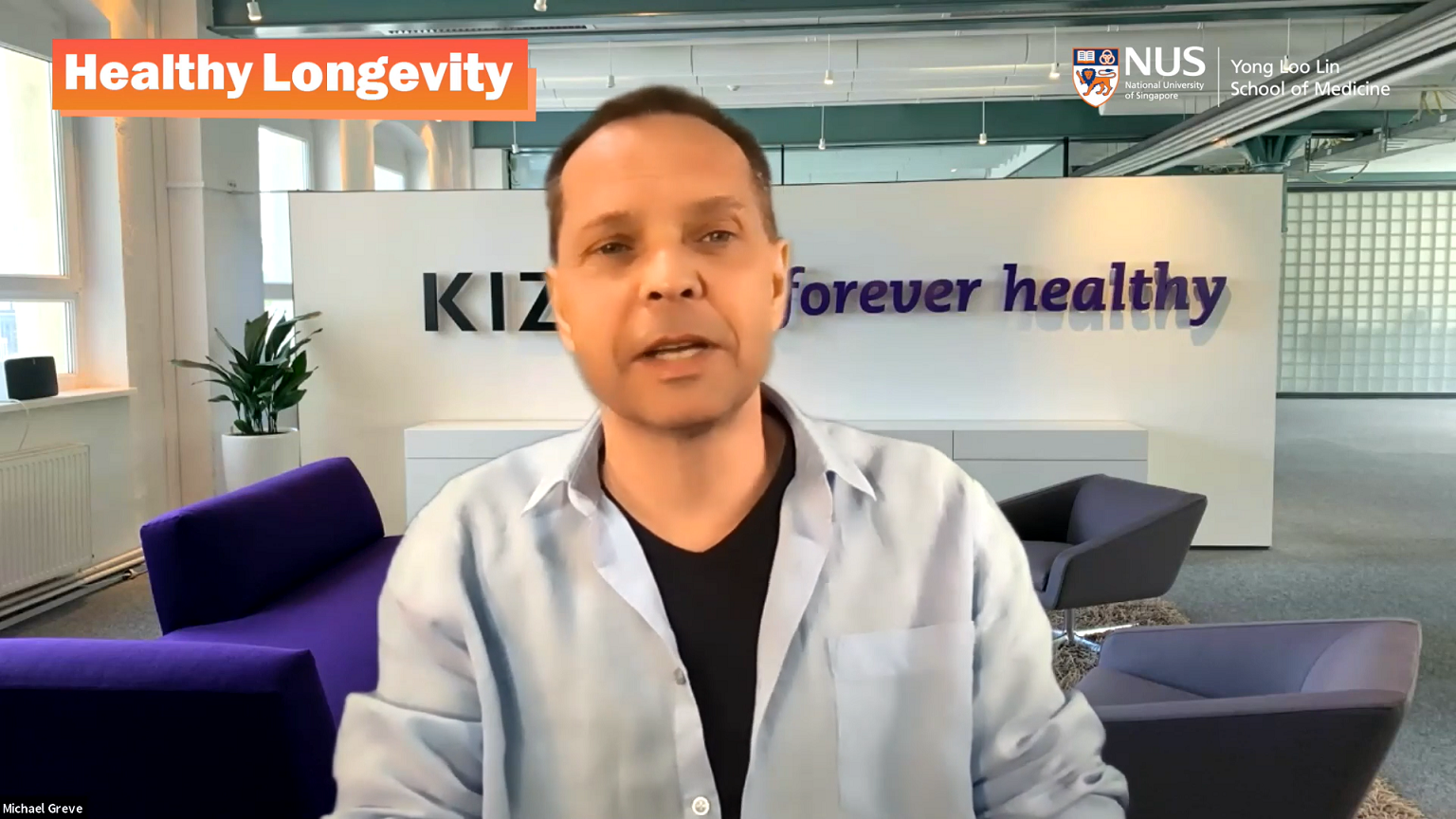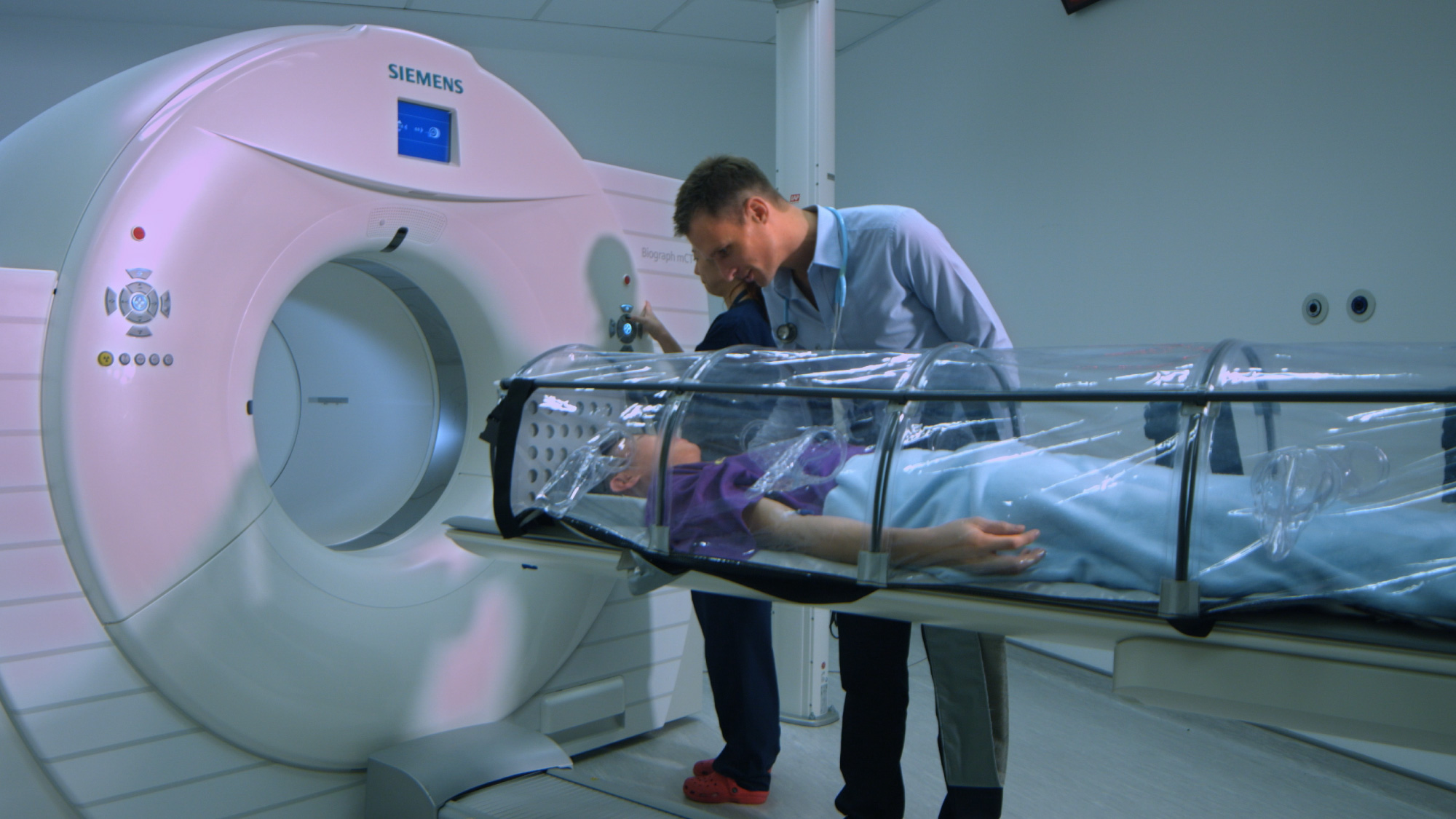The Summit Research Programmes

High-calibre investigators leading distinctive, collaborative research programmes that aim to produce new knowledge of diseases, improve clinical practice and train talented researchers. These are the aims of the Summit Research Programmes, says the initiative’s advisor, Professor Lee Eng Hin.
In recent years, the NUS Yong Loo Ling School of Medicine has earned the reputation of being a leading academic medical centre in Asia. This achievement can be attributed to the fact that we have a strong team of dedicated teachers, highly competent clinicians and a critical mass of excellent scientists, clinician-scientists and clinicians working together in multidisciplinary research programmes. With this strong foundation, NUS Medicine is in a good position to be a global forerunner in biomedical research. It is with this in mind that we have established the Summit Research Programmes (SRPs) which will address unmet healthcare needs by translating scientific findings into improved disease understanding and better clinical practice, and pioneering innovations that will improve health outcomes, and bring social and economic benefits for Singapore.
NUS Medicine already has many research programmes that are doing well and have secured substantial amounts of competitive funding. By providing additional discretionary funding and research infrastructure support, we expect the SRPs to leverage on this to secure larger grants from national and international funding agencies. This will enable them to foster greater collaboration with the research community in Singapore and beyond. In so doing, we hope to propel some of our stronger research programmes to the next level, to be competitive on the international stage.
With strong multidisciplinary research programmes, we will be able to fulfil another very important aim – to nurture our next generation of clinician-scientists to excel in translational and clinical research. This is an extremely important mission if we are to grow and sustain our development as an academic medical centre.
In this initial phase, five SRPs have been launched, focusing on Cancer, Cardiovascular Disease, Tuberculosis, Metabolic Disease and Synthetic Biology.

CANCER
This SRP is headed by Professor Chng Wee Joo, Director of the National University Cancer Institute, Singapore. The programme focuses on Cellular Immunotherapy and Antibody based treatment, with the aims of developing improved treatment methods that lower treatment resistance and long term side effects. This end-to-end approach enables the team to establish a world-leading programme that will produce novel cancer immunotherapies. The team will also aim to create a renewable pool of expertise through training clinician-scientists in this exciting field.
CARDIOVASCULAR DISEASE
Led by Professor Mark Richards of the Cardiovascular Research Institute, it is centered on two major areas; heart failure and coronary artery disease. The core team is made up of a strong base of established clinician-scientists, focusing on epigenetics, biomarker discovery and the roles of long non-coding and circular RNAs in cardiovascular disease. The programme aims to develop novel diagnostics and treatments, and conduct the first-in-man testing within the next five years.
METABOLIC DISEASE
This SRP is helmed by Professor Tai E-Shyong and targets East-Asian Insulin Resistance Diabetes. It focuses on areas with specific clinical needs, aiming to develop novel medical therapies for diabetes, such as glucose-lowering agents and nutritional therapies. The team is also working on creating new healthcare delivery models that improve healthcare provision to diabetic patients.
TUBERCULOSIS
Tuberculosis (TB) is a highly prevalent disease in Southeast Asia. Infectious diseases expert Professor Nicholas Paton and his team aim to develop new TB treatments and shorten treatment procedures. In the long run, the team aims to discover new drugs and mouse models to study TB.
SYNTHETIC BIOLOGY
In this SRP, the team led by Associate Professor Matthew Chang aims to enhance and deploy microbiome therapy to new disease areas. They will also work with industrial partners to develop new probiotics and methods for sustainable production of therapeutic chemicals.
The SRP is the medical school’s flagship research programme. The goal of the SRP is to gain a deeper understanding of disease processes and develop innovative solutions to diagnose and treat patients. This will ensure a better health outcome as well as societal and economic benefits.
The SRP will also build a strong mentorship culture that will enable the next generation of clinician scientists to further advance the development of medical science.
